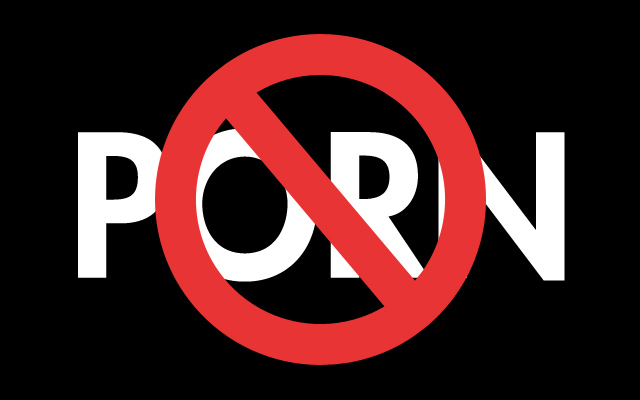It’s been a summer of upheaval on the adult web, with the continuing rollout of filtering measures that have been an ongoing work in progress since 2012. The agreements with service providers and search engines were mentioned as part of David Cameron’s 2013 speech on internet safety for the NSPCC. Since then, not only have we seen the ongoing refinement of filtering at service provider level at the government’s insistence, we are now facing a growing trend for self-regulation.
Recent changes include the new ‘Friendly WiFi’, campaign, which encourages venues to declare that sensitive content is blocked at their public WiFi hot spots. Participating venues – which include Tesco, Starbucks and Samsung stores – will display the Friendly WiFi logo to assure parents that they are bringing their children to a family-safe zone.
Minister for culture, communications and creative industries, Ed Vaizey was quoted in the Mirror as saying: “The ‘Friendly WiFi’ logo will make clear to parents which cafes, restaurants and other businesses have Internet access that is safe for their children to use.”
While the initiative has been billed as a world-first, the implementation of content filtering in public hotspots is not new. Filtering companies such as OpenDNS are already widely censoring the content that can be accessed through many of the country’s larger services and establishments – as our readers may have noticed if you’ve travelled by train recently.
“Children often go online when they are out and about and parents need to know that using a public WiFi network won’t expose them to pornography,” said Claire Lilley, from the NSPCC. “So it’s very reassuring for parents to know that when they see the ‘Friendly WiFi’ logo they can allow their children to go online in safety.”
The new logo and PR campaign will be the catalyst that causes the filtering to be more seriously enforced by the nation’s smaller venues, such as family-friendly pubs, hotels and entertainment venues by the notable absence of the sign if businesses do not participate. The public does not appear convinced by the scheme however, with 65% of readers polled by the Mirror voting that the Friendly WiFi scheme will not work.
Meanwhile, a new update for Twitter’s iOS and Android mobile app now also prompts users to opt-in to view tweets that contain images or video with “sensitive media” according to account settings. The message reads, “The following media may contain sensitive material. Your Tweet media settings are configured to inform you when media may be sensitive.” Users have the option to click to ‘view’ the tweet or to change their account settings to ‘always show me sensitive media’.
Although this isn’t the first time we’ve seen the opt-in format on Twitter, the move to include the format on iOS is symptomatic of a much wider process taking place in the UK since David Cameron’s 2013 NSPCC speech. The speech was an endorsement of a nationwide rollout placing higher responsibility on service providers to restrict access to content of a sensitive nature.
These latest developments emerged after the early June updates to Google policies that further restrict adult advertising on Google Adwords and Google Play. The Google Adwords team sent an email politely notifying affected adult industry customers that their business was no longer required. The message read: “We’re writing to remind you about a change to Google’s advertising policies we announced in our Policy Change Log that may affect your AdWords account. Beginning in the coming weeks, we’ll no longer accept ads that promote graphic depictions of sexual acts including, but not limited to, hardcore pornography; graphic sexual acts including sex acts such as masturbation; genital, anal, and oral sexual activity. When we make this change, Google will disapprove all ads and sites that are identified as being in violation of our revised policy. Our system identified your account as potentially affected by this policy change. We ask that you make any necessary changes to your ads and sites to comply so that your campaigns can continue to run.”
“Many of our colleagues and clients in the industry are feeling the pressure of the changing and developing digital environment,” said Nina Saini, director of adult specialist agency Carnal Creative. “Google Adwords and Twitter has been a mainstay for many adult industry business as they have previously provided a great way of reaching directly and instantly to potential new customers. However, with the new changes that are occurring businesses are now having to think smarter and more creatively to adapt and to grow with the changing environment whilst still maintaining the essence of their business.”




![20 years of ETO: Harmony, Charing Cross Road, London [reprinted from issue 1, July 2003]](https://www.erotictradeonly.com/wp-content/uploads/2023/08/NEWS_20YEARS_HARMONY_ISSUE1-238x178.jpg)











